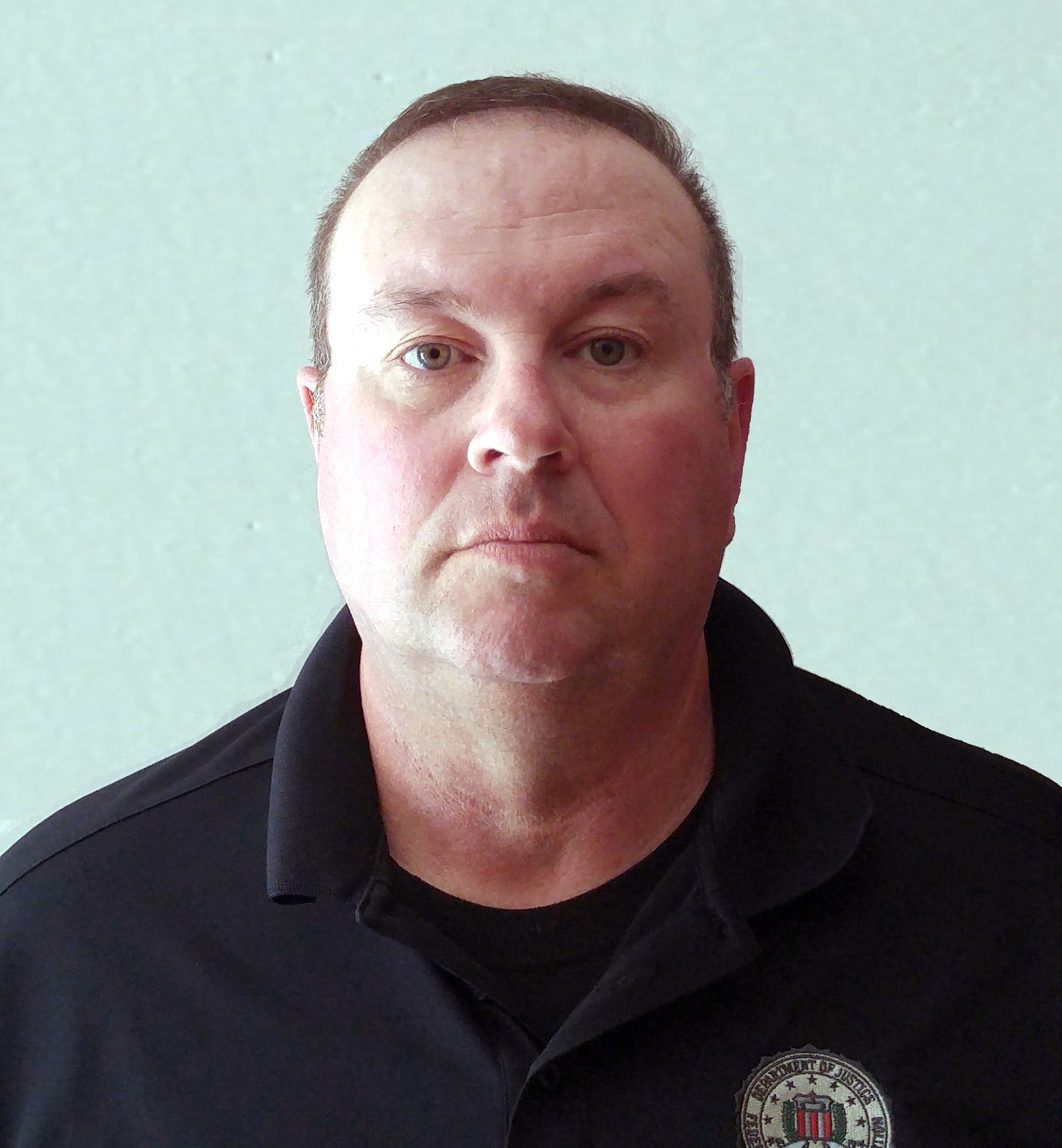“American youth attributes much more importance to arriving at driver’s license age than at voting age.” —Marshall McLuhan
 HB 1301, a bill seeking to remove requirements for an an affidavit to challenge votes , and permitting voter challenges on election days to be made at voting registration tables. The Bill, sponsored by Representative Paul Mirski and Paul Ingbretson, passed a house vote on February 22, 212 to 129, and is now before the Senate with a hearing scheduled for this past Tuesday.
HB 1301, a bill seeking to remove requirements for an an affidavit to challenge votes , and permitting voter challenges on election days to be made at voting registration tables. The Bill, sponsored by Representative Paul Mirski and Paul Ingbretson, passed a house vote on February 22, 212 to 129, and is now before the Senate with a hearing scheduled for this past Tuesday.
Mirski and Ingbretson are certainly two house reps I consider to be serious, thoughtful and credible. I respect both of them, so in reading this bill and thinking about it, I focused on its operation…how it would work on election day. I regret not asking the “why” of this bill. I am having trouble understanding what the overall public good is to be served by this. The first overarching question is how is the citizenry better-served by this bill when we allow people to challenge a newly registering voter and yet not have to be accountable for that challenge? In removing the “written” requirement for an affidavit to challenge a voter, why do we seek not to keep the challenger accountable for making that challenge?
After the Project Veritas revelations during the primary season, support for voter ID laws gained much support among the population. The purpose of requiring a valid form of identification is to uphold the time-honored principle of one person, one vote. Voter ID removes the ease by which those who would do so, would break the law by effecting the votes of dead persons, ineligible persons or other persons who, under our state laws should not take a ballot and vote.
On the face of the issue, it would seem to be conventional wisdom that we would require citizens to be accountable and honest with their votes. Likewise, we should require those who seek to challenge voters for a valid reason for such challenges and the basis to do so. Transparency should be the goal in ensuring the purity of our election process.
So how would this work? Ward 5 in Manchester is one of those wards the decidedly leans left. and despite the often anemic turnout and voter apathy, can be the battleground for activist mischief. The average citizen who shows up to vote does so prior to work or on a break. There is no time to wait in line for ward clerks, moderators or selectmen to mill about sorting mass voter challenges. Those who do vote with regularity depend upon the ease by which they can get in and out of the polling places.
Unaccountable and verbal challenges would mean voter challenges will increase substantially. I am seeing mass, arbitrary challenges, clogging up the polling places in places. Lets face it, we live in an era where election laws are regularly panned by the respective parties for their ability to be gamed or manipulated for the advantage of a political party first and voter second.
So while the mechanics of the bill are problematic, this bill is not without its’ hypocrites. Those who opposed the voter ID bill with their faux arguments for disenfranchisement, also oppose this bill because they want the challengers to be fully accountable. On the other hand, those who voted in favor of voter ID sought accountability and a pure process, now advocate for a component of that process foreclosing accountability of the challenge process.
The bottom line here is that every person who puts his or hands, directly or indirectly on the voting process with the potential to affect an outcome needs to be accountable for that action. We cannot have people fraudulently voting, nor can we have people arbitrarily challenging voters without a rational basis to do so.
I don’t care what Governor Lynch, the Secretary of State or the Attorney General has to say about voter fraud being non-existent. I think it exists, its very real and it just because the powers that be choose not to act on it, does not make it a non-problem. So I fail to see how this law change serves that end.




